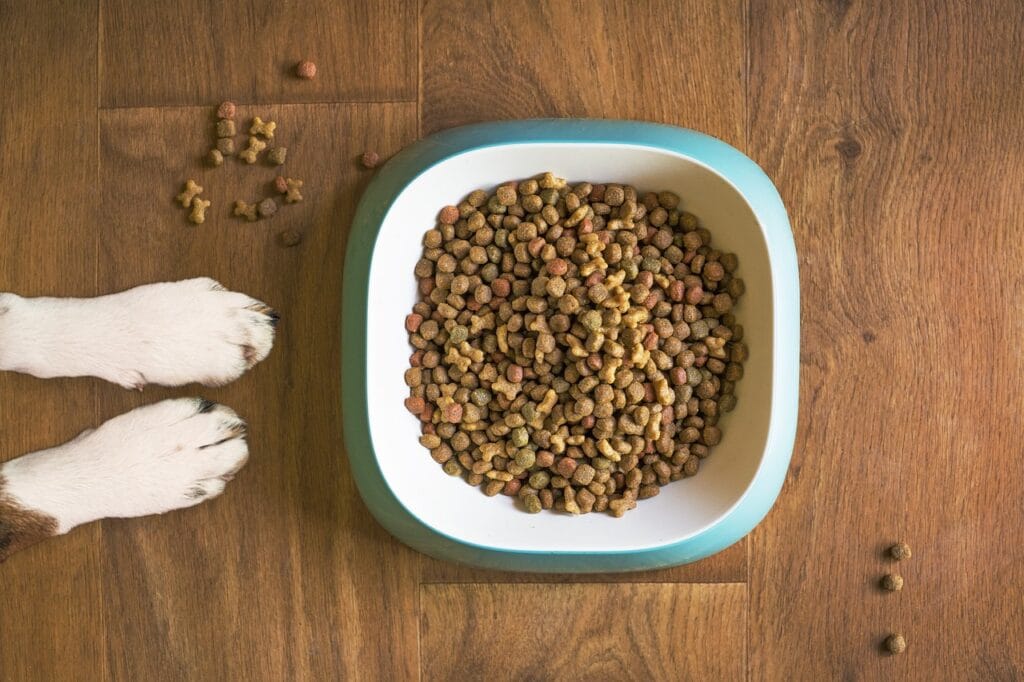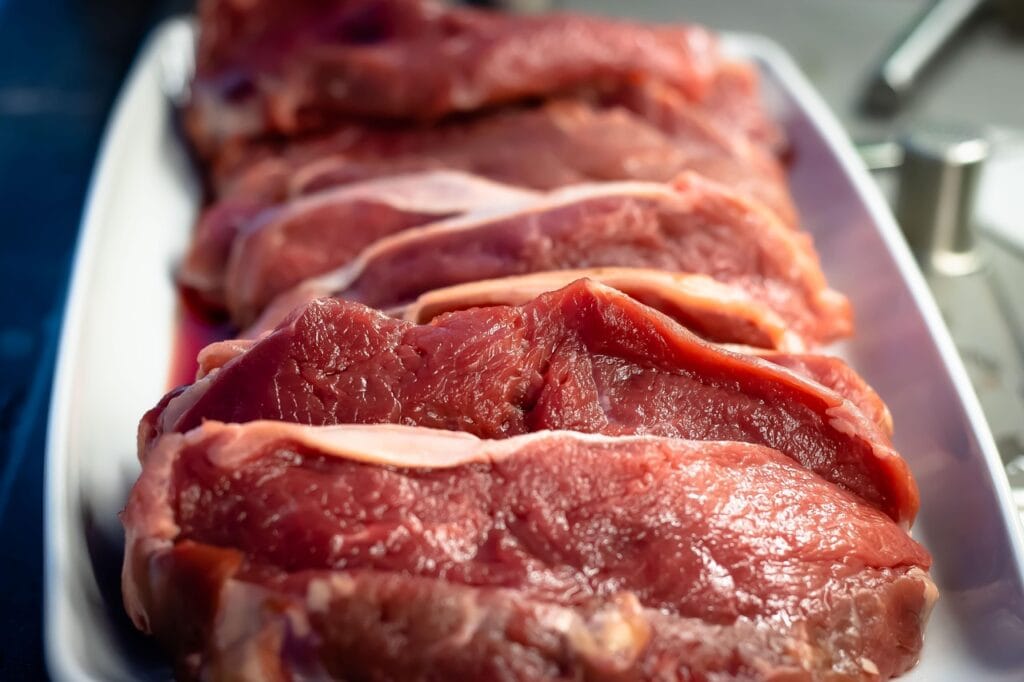In recent years, pet owners have become increasingly aware of how important gut health is for their dogs. The canine microbiome—the vast community of bacteria, fungi, and other microorganisms residing in the digestive tract—plays a crucial role in digestion, immune function, and overall well-being. One of the most debated topics in canine nutrition is the impact of diet on the gut microbiota, particularly when comparing raw-fed diets to traditional kibble-based diets.

Understanding the Canine Microbiome
The gut microbiome consists of trillions of microorganisms that interact with the body to break down food, synthesize essential nutrients, and regulate immune responses. A diverse and balanced microbiome is associated with improved digestion, resistance to disease, and reduced inflammation. Conversely, an imbalanced microbiome can contribute to allergies, digestive issues, and chronic illnesses.
The Impact of Raw-Fed Diets on the Gut Microbiota
Raw-fed diets, which consist of fresh, uncooked meats, bones, organs, and sometimes fruits and vegetables, have been shown to promote a richer and more diverse microbiome in dogs. Several studies have highlighted the benefits of raw-fed diets, including:
- Increased Microbial Diversity: A raw-fed diet encourages a wider variety of beneficial bacteria, which helps maintain gut stability and resilience against pathogens.
- Improved Digestion and Nutrient Absorption: The natural enzymes in raw food assist in breaking down nutrients more efficiently, leading to better digestion and less waste.
- Enhanced Immune Function: A balanced microbiome supports immune responses, reducing the risk of infections and inflammatory conditions.
- Reduced Gut Inflammation: Raw-fed diets tend to lack fillers, artificial additives, and highly processed ingredients that can contribute to intestinal irritation and dysbiosis.
The Impact of Kibble on the Gut Microbiota
Traditional kibble diets, while convenient, can have a different effect on the gut microbiome. Many commercial kibbles are high in carbohydrates, preservatives, and synthetic ingredients, which can alter microbial diversity in ways that may not always be beneficial. Research suggests that kibble-fed dogs tend to have:
- Lower Microbial Diversity: Compared to raw-fed dogs, those on a kibble diet often exhibit a more limited range of beneficial bacteria, potentially making them more susceptible to digestive issues.
- Higher Levels of Inflammatory Bacteria: Some ingredients in kibble, such as starches and artificial additives, can encourage the growth of bacteria linked to inflammation and metabolic disorders.
- Increased Incidence of Gastrointestinal Upset: Highly processed diets may contribute to irregular bowel movements, bloating, and sensitivities due to the lack of natural enzymes and probiotics.
Long-Term Health Implications
The microbiome plays a direct role in long-term canine health. A well-balanced and diverse microbiota helps regulate the immune system, prevent chronic diseases, and support cognitive function. While raw-fed diets promote a thriving microbiome with enhanced resilience, kibble-fed dogs may require additional probiotics or dietary adjustments to optimize gut health.

Transitioning to a Raw-Fed Diet for Better Gut Health
If you’re considering a raw-fed diet to improve your dog’s microbiome, it’s essential to transition gradually to prevent digestive upset. Here are a few tips:
- Start Slow: Introduce raw food in small amounts while decreasing kibble intake.
- Include Probiotics: Fermented foods like kefir or raw goat’s milk can help balance gut bacteria during the transition.
- Monitor Digestive Health: Watch for any changes in stool consistency, energy levels, or signs of food intolerance.
- Consult a Veterinarian: Work with a raw-feeding-experienced vet to ensure a balanced and nutritionally complete diet.

Conclusion
The differences in microbiome composition between raw-fed and kibble-fed dogs are significant, with raw-fed diets offering clear advantages in gut health, digestion, and immune support. A well-balanced microbiome is the foundation of overall well-being, making dietary choices a critical aspect of canine care. If you’re looking to optimize your dog’s health, transitioning to a raw-fed diet may be a game-changer for their gut microbiota and long-term vitality.
Are you considering a raw-fed diet for your dog? Share your experiences in the comments below!


